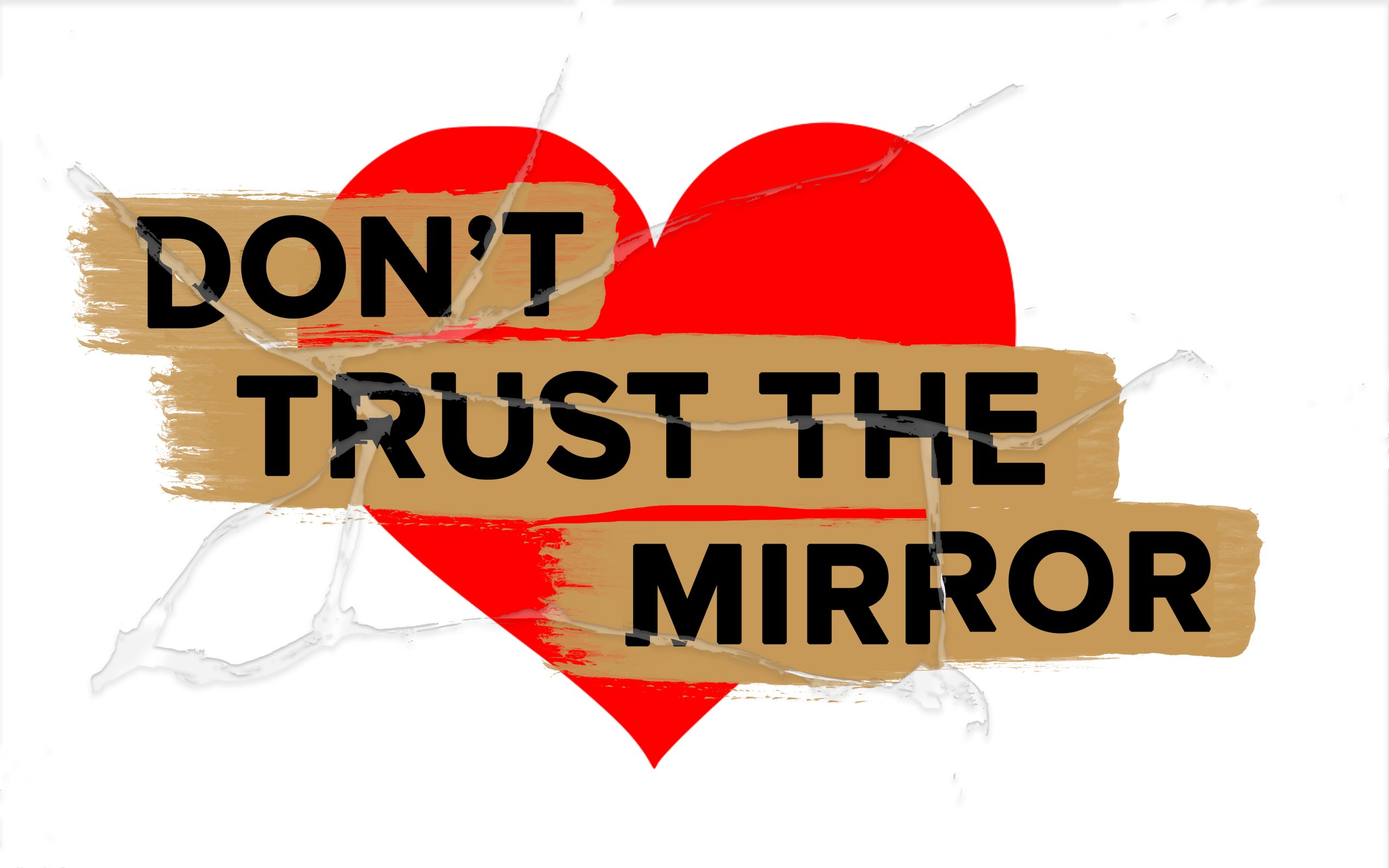09 Nov Taking Care During the Holidays with an Eating Disorder
Suffering with an eating disorder is never easy, but it can be particularly challenging during the holidays. It’s the time of year when we’re obligated to step outside our comfort zone and deal with high levels of stress that can worsen symptoms and trigger relapse.
Anticipating stressors and having a plan in place is an excellent way to navigate all that the holidays have in store for you including travel, exposure to an abundance party food and difficult family relationships.
The travel plan
- Try to arrive at the airport/train station early in order to avoid the stress of a missed
flight or train. - Pack snacks and foods that you like and that are nutritious. Options in transportation hubs and rest stops are not always satisfying and can be triggering.
- Stay hydrated. It helps digestion and energy levels, and keeps your mind and body strong.
- Maintain your bedtime ritual at your destination, such as a sleep mask or reading a favorite book. A good night’s rest is essential to well being.
- Forgive yourself. If you slip into old behaviors while traveling be kind to yourself. Remember perfection is impossible. Call a therapist, family member or friend for the support you need.
The holiday party plan
- Build support. Find a friend or family member that will be attending the party and let them know you have an eating disorder and would like their help. Ask them to gently intervene if you’re having a difficult interaction with someone. Perhaps they can help you get out of a conversation.
- Have a doctor or dietitian prepare you. Talk about foods you expect to see (ask the host if you’re not sure). Then discuss what you’ll eat and portion sizes.
- What you eat beforehand is important. Try not to skip meals ahead of the party, because that will make you more likely to over-indulge. Instead eat a healthy snack before you go so you’ll be less interested in the party food.
- Try not to deprive yourself. Having a cookie or another treat is perfectly fine. After all, eating delicious food is part of embracing the holiday spirit!
The difficult family relationships plan
- Try to understand their perspective. During the holidays you may encounter family members that are insensitive to your eating disorder challenges. They may say something you perceive to be offensive, but try to remember it’s likely not a criticism or a compliment. Most comments are neutral – neither good or bad.
- Try to anticipate difficult conversations or situations that might occur and then role play with a friend, family member or therapist so you can practice different reactions and responses.
- Write a letter. If you anticipate certain family members will make derogatory comments or make you feel at fault for your disorder consider writing them a letter. Mention how their current judgements are upsetting, and suggest areas of change that you’d appreciate them participating in to help with your recovery.
- Keep your distance during the party. If a family member is giving you a hard time about your disorder steer clear of them. Change your seat at the table, chat with others on the opposite side of the room — take action to ensure you have a positive, uplifting experience during the holidays — you’re entitled to that.
- Find your own “family.” Not everyone’s family are blood relatives — some of us feel closer to people that we choose to keep in our lives. If you’re more supported by a group of friends (as opposed to parents that treat you poorly) that’s okay. It’s fine to avoid those who don’t have your best interests at heart and spend holiday time with your chosen family.
Eating disorder challenges need not keep you from enjoying the holidays to the fullest. The proper planning will instill confidence and liberate you so you can take part in the celebration!


Sorry, the comment form is closed at this time.